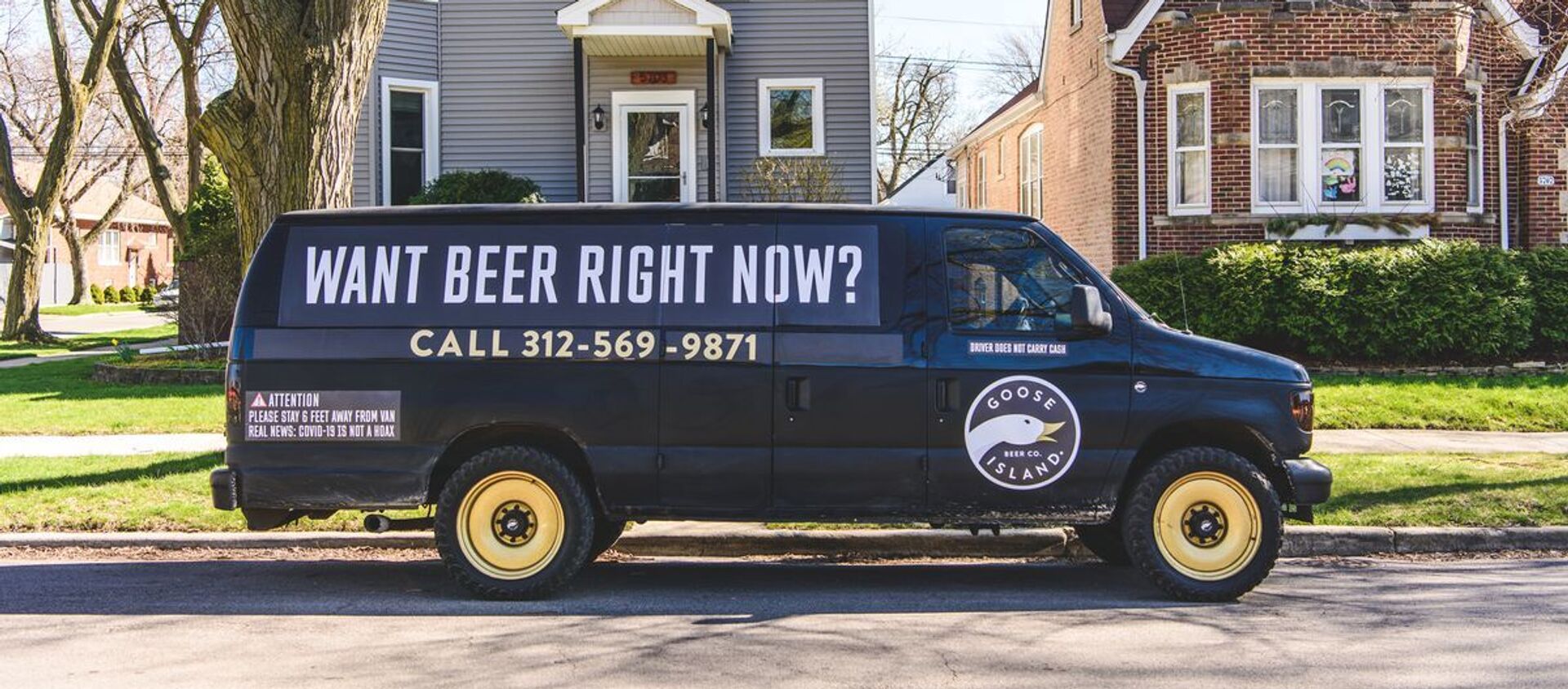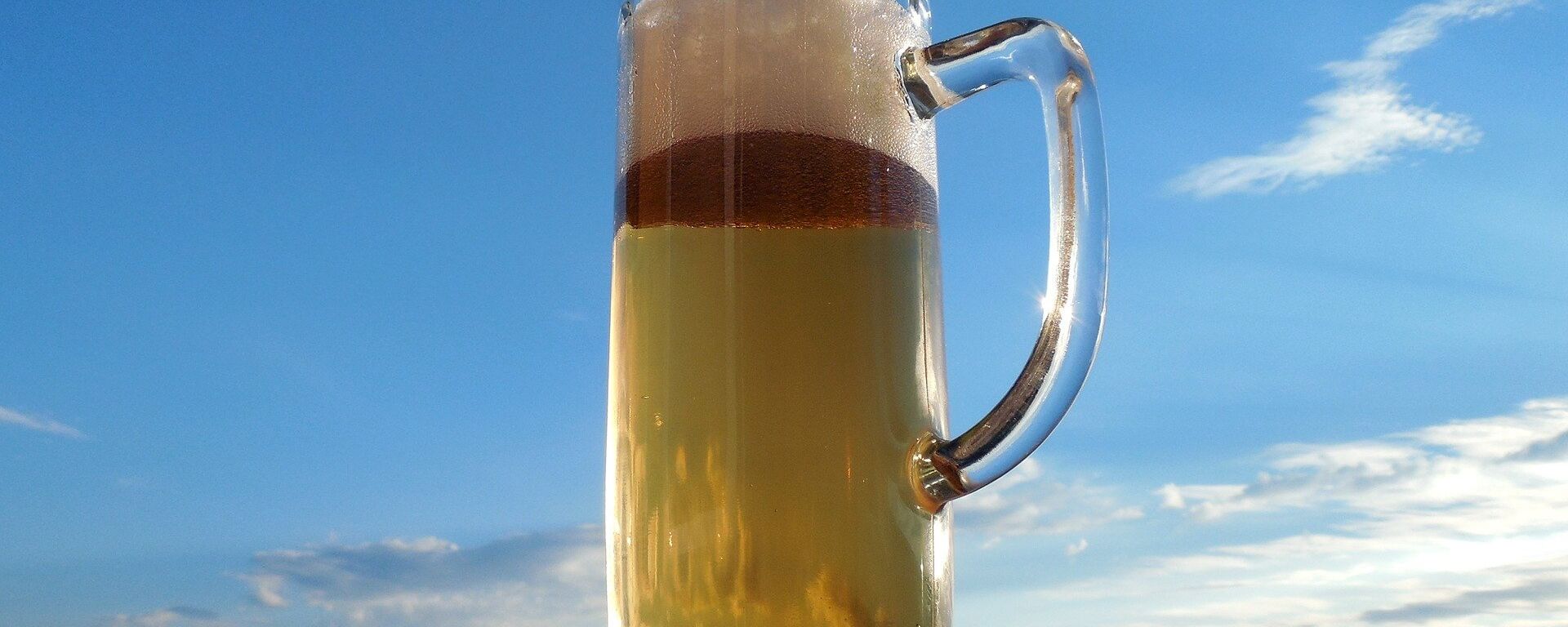Sputnik: Heineken is known as a beer company. How much potential do you see in other products, such as cider? I’ve heard that it's becoming big, especially here in the Russian market. Is there a big potential for this product?
Boudewijn Haarsma: This is a very fitting question, because today is World Cider Day - 3 June. So, it’s a good day to talk about cider - any day is a good day to talk about cider - but indeed, Heineken takes a lot of pride in brewing excellent beers, but has already for years been also looking beyond beer. We are actually the biggest cider producer in the world, with the leading brand Strongbow, and also in Russia we have invested in cider. Because cider as a product very much fits with consumer trends, and there is globally a need for natural, refreshing, and well-tasting beverages. And it's a natural product that is brewed, so it is also a good fit with our breweries.
Sputnik: Your company has been working in Russia for a very long time, since 2002. Last year was a difficult one for many companies, including large ones, because of the pandemic. What has changed for Heineken within the last year and what kind of challenges have you faced within this period?
Boudewijn Haarsma: Yeah, 2020, like for many businesses and many people, was a challenging year; so it was clearly a year where our priority to put the safety and health of people first was put to the test and I think we really lived up to that test. That has been the key priority throughout the year. So we all learned how to work in a different way, partly remotely, partly in [a] hybrid [manner], and to rely more on teams, which is something we had been investing in for years, and it now really paid off, because it allows us to take faster decisions and decisions close to where the action is.
We put a lot of restrictions in place, restrictions that are still there today in our production operation, and that allowed us to continue uninterrupted. An impact on the company was certainly there, most notably in the HoReCa market - all the bars and restaurants - which is a sector that worldwide was really badly hit. Also in Russia, 10 to 15 percent of HoReCa outlets didn't reopen, having suffered so much from this crisis. It also meant we had to replace a lot of beer to make sure we had fresh quality product for consumers. So financially that was certainly a tough one, but I think an important one to take. At a global level, also for Heineken, internationally it was a tough year, because in many markets we depend even more on HoReCa than we do in Russia. In Western Europe, sometimes half of the market is sold in HoReCa. So we clearly felt the impact of that. At the same time, I think it also made us stronger. At a global level, we have used this period to reflect on the global strategy going forward, because COVID accelerated a number of consumer trends that were already going on, but were further accelerated. And we recently launched a new strategic programme called "EverGreen", which is about sustainable growth. In that strategy, you see a lot of lessons accelerated through COVID being reflected.
Sputnik: This forum is the first large event since the beginning of the pandemic. How important is it for entrepreneurs, for bankers, and for government officials to resume meetings face-to-face? What are your expectations from this forum?
Boudewijn Haarsma: Yeah, it's absolutely important. However well we have adapted to a hybrid way of working, still there are important moments to have face-to-face contact and SPIEF, in my view, is one of the best occasions to meet efficiently with many people face-to-face. So, I am here today with an agenda: we will be engaging with key government stakeholders together with other brewers in Russia at SPIEF to talk about a number of challenging regulations that are coming our way as an industry and by collaborating on this with the government, I think we can make things more predictable for our business, more transparent, and we can help ensure a smooth implementation.



